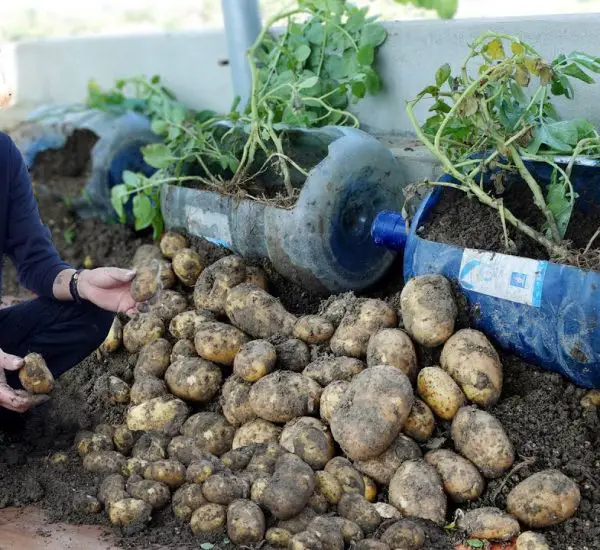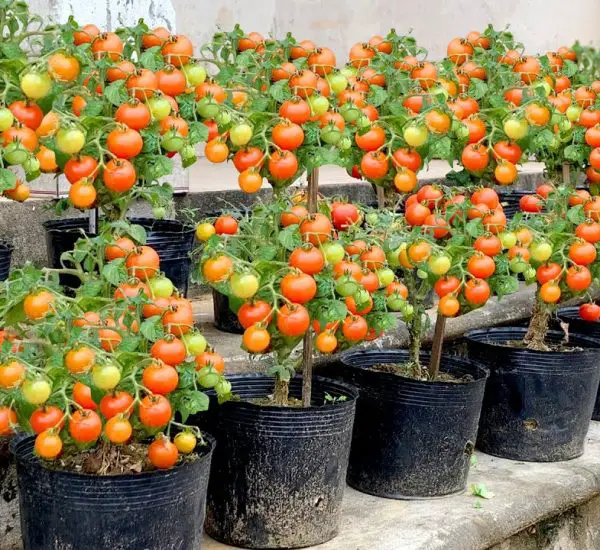It seems there might be a misunderstanding or miscommunication. As of my last knowledge update in January 2022, there is no specific animal known for directly influencing the fruiting of bitter melon (Momordica charantia). The fruiting of bitter melon is primarily influenced by factors such as proper cultivation practices, environmental conditions, and appropriate care.
To enhance the fruiting and overall health of bitter melon plants, consider the following general tips:
- Soil Preparation:
- Ensure well-draining soil rich in organic matter. Bitter melon prefers slightly acidic to neutral soil.
- Sunlight:
- Plant bitter melon in a location that receives full sunlight. It thrives in warm and sunny conditions.
- Watering:
- Provide consistent watering, keeping the soil evenly moist. However, avoid waterlogging, as bitter melon plants do not tolerate waterlogged conditions well.
- Fertilization:
- Use a balanced fertilizer or organic compost to provide necessary nutrients. Apply fertilizer according to the recommended rates, and avoid over-fertilizing.
- Pruning:
- Prune the plant to encourage bushier growth and better fruit production. Remove any dead or unhealthy branches.
- Support Structures:
- Use support structures like trellises or stakes to allow the vines to climb. This can help manage the plant’s growth and make harvesting easier.
- Pest Control:
- Monitor for pests and implement appropriate pest control measures. Common pests include aphids and spider mites.
- Harvesting:
- Harvest bitter melon fruits when they are still green and firm. Regular harvesting encourages the plant to produce more fruits.
If there have been recent developments or innovative techniques involving animals to enhance bitter melon fruiting, I may not be aware of them. It’s always a good idea to stay updated with the latest gardening practices and research.
If you have specific information about the animal you mentioned or if there have been new developments since my last update, I recommend consulting local gardening experts, agricultural extension services, or horticultural resources for the most current and accurate information.



